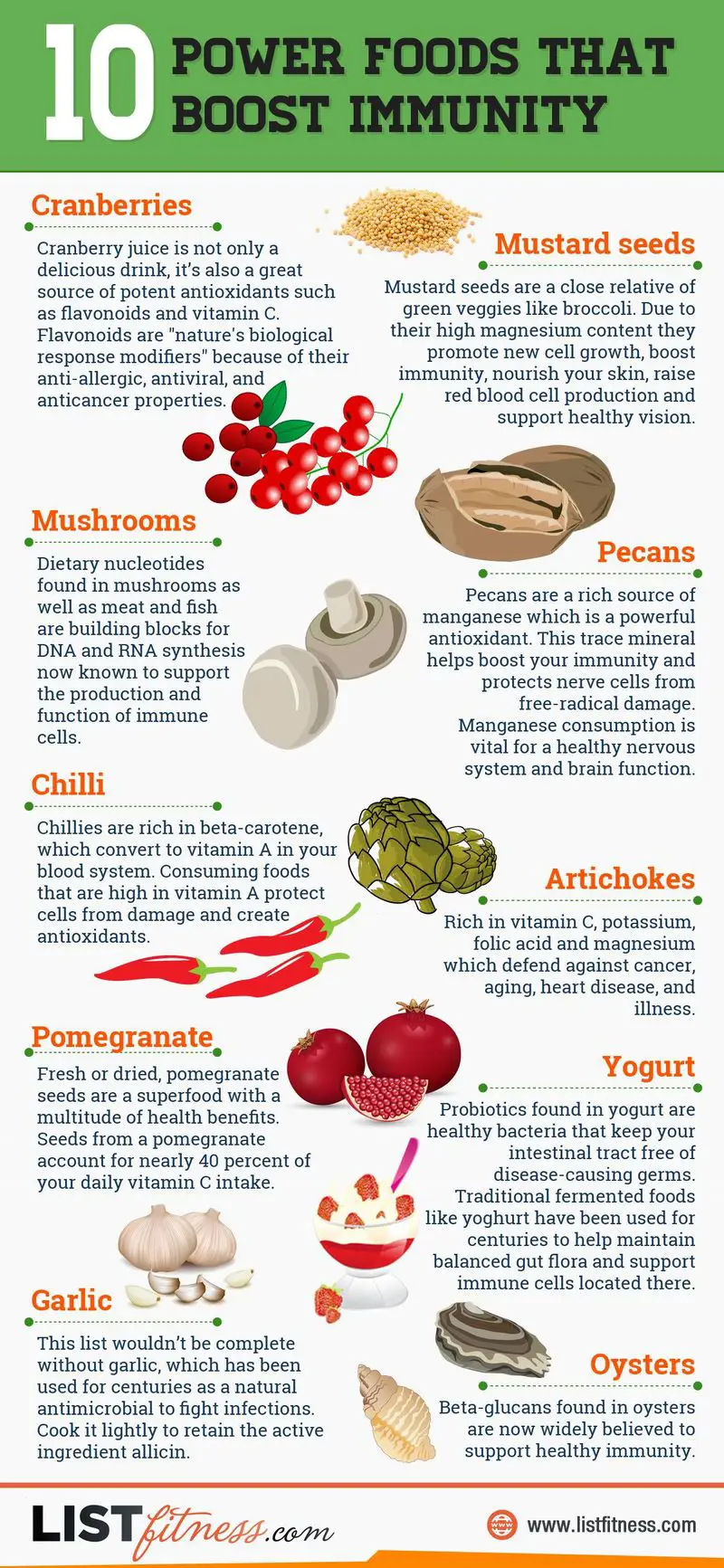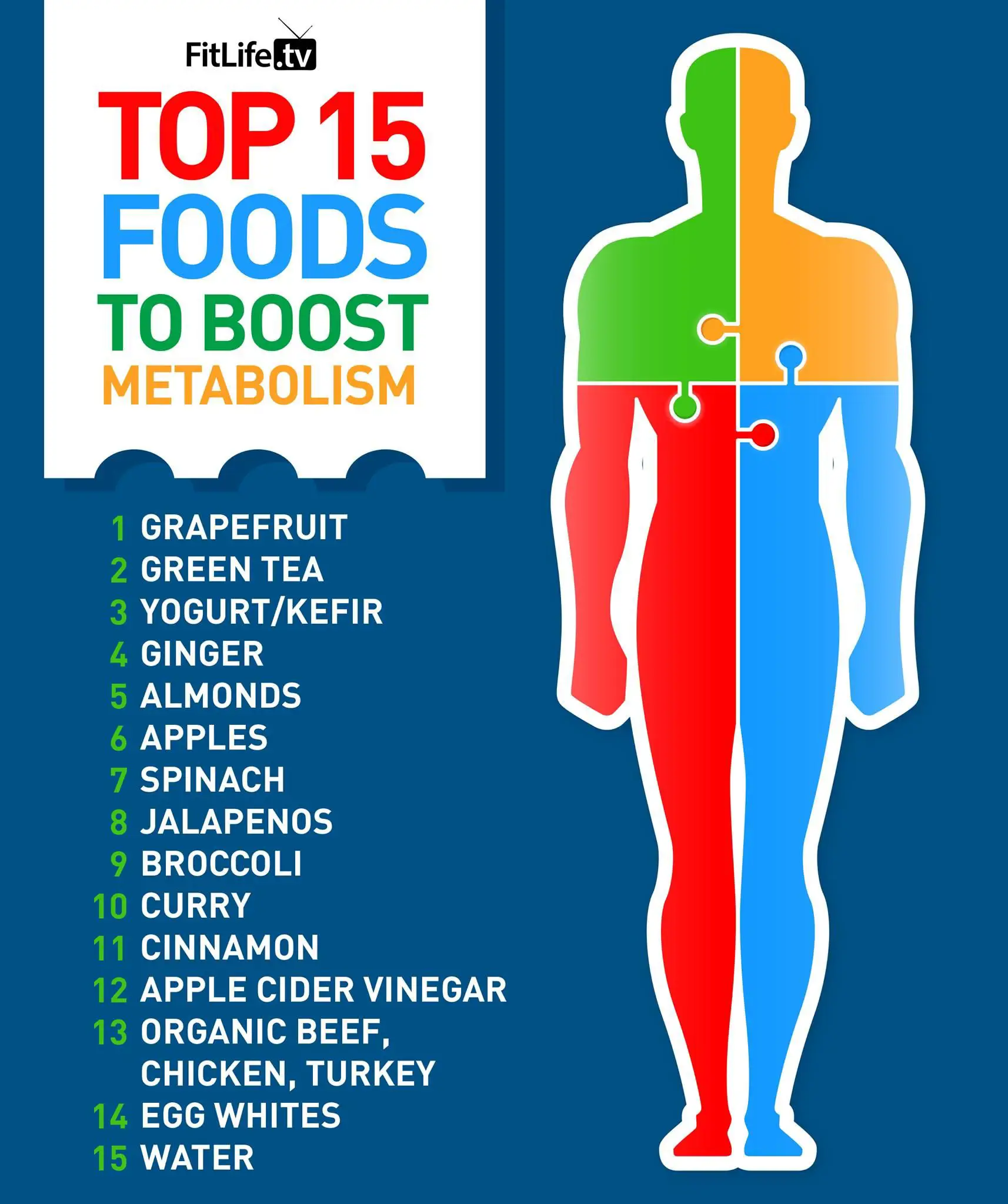Table of Contents
Introduction
Managing blood sugar levels is crucial for overall health, particularly for individuals with diabetes or those aiming to prevent diabetes. Incorporating certain foods into your diet can effectively help regulate blood sugar levels and provide essential nutrients for optimal health.
Leafy Greens
Leafy greens, such as spinach, kale, and Swiss chard, are packed with fiber and antioxidants, helping to slow down digestion and stabilize blood sugar levels.
Leafy greens are an excellent choice for individuals looking to manage their blood sugar levels effectively. They are low in carbohydrates and packed with essential nutrients, making them an ideal addition to a diabetes-friendly diet. Here are a few examples of leafy greens that can help reduce blood sugar levels:
1. Spinach
Spinach is rich in magnesium, which plays a vital role in regulating blood sugar levels. Additionally, it contains high amounts of fiber, which slows down digestion and prevents rapid spikes in blood sugar. Including spinach in your meals can contribute to better blood sugar control.
2. Kale
Kale is a nutritional powerhouse known for its numerous health benefits. It is low in carbohydrates and high in fiber, making it an excellent choice for maintaining stable blood sugar levels. Moreover, kale is packed with antioxidants, vitamins, and minerals that support overall health.
3. Swiss Chard
Swiss chard is a leafy green vegetable that contains a variety of beneficial compounds, such as flavonoids and polyphenols. These compounds have been linked to improved insulin sensitivity and better blood sugar regulation. Adding Swiss chard to your meals can help stabilize your blood sugar levels.
4. Arugula
Arugula is a peppery-tasting leafy green that is low in calories and carbohydrates. It contains certain plant compounds that may help enhance insulin action, promoting better blood sugar control. Incorporating arugula into your diet can be a delicious and healthy way to manage your blood sugar levels.
Including a variety of leafy greens in your diet can contribute to better blood sugar management. However, it's essential to consult with a healthcare professional or a registered dietitian before making any significant dietary changes.

Cinnamon
Cinnamon is a flavorful spice that has been shown to enhance insulin sensitivity, helping cells utilize glucose effectively and regulate blood sugar levels.
Cinnamon is a popular spice derived from the bark of certain trees. Not only does it add a unique flavor to dishes, but it also has various health benefits, especially for those looking to reduce their blood sugar levels.
Studies have shown that cinnamon may improve insulin sensitivity and enhance the body's ability to regulate blood sugar levels. This is primarily due to a compound called cinnamaldehyde, which has been found to have anti-diabetic effects.
Additionally, cinnamon has been found to lower fasting blood sugar levels, decrease insulin resistance, and improve glycemic control. This makes it an excellent addition to the diet of individuals with diabetes or those at risk of developing high blood sugar levels.
One way to incorporate cinnamon into your diet is by adding it to oatmeal, smoothies, or yogurt. You can also sprinkle it over roasted vegetables, fruit salads, or even in your morning coffee for an extra kick of flavor and potential blood sugar-regulating benefits.
It's important to note that while cinnamon can be beneficial in managing blood sugar levels, it should not be seen as a standalone solution. It is always recommended to consult with a healthcare professional or a registered dietitian before making any significant dietary changes.
Remember, a well-rounded and balanced diet, combined with regular physical activity, is essential for maintaining optimal blood sugar levels and overall health.

Berries
Loaded with antioxidants and fiber, berries like blueberries, strawberries, and raspberries have a low glycemic index, making them an excellent choice for controlling blood sugar levels.
Berries are a group of fruits known for their vibrant colors and sweet flavors. They are not only delicious but also packed with numerous health benefits, making them one of the best foods to reduce blood sugar levels.
These tiny powerhouses are rich in antioxidants, fiber, and various essential nutrients. Antioxidants in berries help protect the cells from damage caused by free radicals and reduce inflammation in the body. They also aid in regulating blood sugar levels and improve insulin sensitivity.
Some of the most commonly consumed berries that are beneficial for blood sugar control include:
- Blueberries: These small berries are packed with anthocyanins, which have been shown to enhance insulin sensitivity and reduce blood sugar levels.
- Strawberries: Rich in fiber, strawberries help slow down the digestion of carbohydrates, preventing rapid spikes in blood sugar.
- Raspberries: With a low glycemic index, raspberries have minimal impact on blood sugar levels and are an excellent choice for maintaining stable glucose levels.
- Blackberries: These berries contain high levels of fiber, antioxidants, and vitamins that help regulate blood sugar and promote overall well-being.
Incorporating berries into your diet is simple. You can enjoy them fresh, add them to smoothies, salads, or even include them in your favorite dessert recipes. Remember to consume them in moderation as part of a balanced diet.
So, next time you're looking for a sweet treat that won't spike your blood sugar levels, reach for some delicious berries and indulge in their health-boosting benefits!

Nuts
Nuts, such as almonds, walnuts, and pistachios, provide healthy fats, fiber, and protein. These nutrients help slow down the absorption of glucose and improve blood sugar control.
Nuts are known to be highly beneficial for individuals with high blood sugar levels. They are rich in healthy fats, fiber, and antioxidants, making them an excellent choice for those seeking to manage their blood sugar levels effectively.
There are several types of nuts that have shown remarkable effects in reducing blood sugar levels:
- Almonds: Almonds are a powerhouse of nutrients. They contain magnesium, which can improve insulin sensitivity, resulting in better blood sugar control.
- Walnuts: Walnuts are packed with omega-3 fatty acids, fiber, and antioxidants. These nutrients have been associated with reduced blood sugar levels and improved insulin sensitivity.
- Pistachios: Pistachios are known for their low glycemic index, which means they have a minimal impact on blood sugar levels. Additionally, they contain fiber, healthy fats, and various vitamins and minerals.
- Cashews: Cashews are rich in monounsaturated fats and magnesium, both of which can help regulate blood sugar levels. They also provide a good source of dietary fiber.
- Brazil Nuts: Brazil nuts are an excellent source of selenium, a mineral that may contribute to better insulin function. They also contain healthy fats and fiber.
Incorporating nuts into your diet can be as simple as having a handful of mixed nuts as a snack, adding chopped nuts to your salads or oatmeal, or using nut butter as a spread on whole grain toast.
Remember to monitor your portion sizes, as nuts are energy-dense and high in calories. Consulting with a healthcare professional or a registered dietitian can help you determine the appropriate amount of nuts to include in your diet based on your specific needs.
In conclusion, nuts are a natural and delicious option for individuals aiming to reduce their blood sugar levels. Including a variety of nuts in your diet can contribute to better blood sugar control and overall health.

Whole Grains
Including whole grains like quinoa, oats, and brown rice in your diet can aid in managing blood sugar levels. They offer complex carbohydrates, fiber, and various essential nutrients.
Whole grains are an essential component of a healthy diet, particularly for individuals looking to regulate their blood sugar levels. Packed with essential nutrients and dietary fiber, whole grains offer numerous health benefits while providing a low glycemic index.
What are Whole Grains?
Whole grains refer to grains that contain all parts of the original kernel, including the bran, germ, and endosperm. This contrasts with refined grains that are processed, stripping away valuable nutrients. Examples of whole grains include oats, brown rice, whole wheat, quinoa, and barley.
Benefits of Whole Grains in Regulating Blood Sugar Levels
Whole grains have a low glycemic index, meaning they cause a gradual and steady rise in blood sugar levels. This slow digestion process helps prevent sudden spikes and crashes in blood sugar, promoting stable levels throughout the day.
Furthermore, whole grains are high in dietary fiber, which slows down the absorption of glucose into the bloodstream. This effectively regulates blood sugar levels, making whole grains an ideal food choice for individuals with diabetes or those aiming to prevent it.
How to Incorporate Whole Grains into Your Diet
Integrating whole grains into your daily meals is easier than you may think. Consider the following tips:
- Opt for whole wheat bread, pasta, and tortillas instead of their refined counterparts.
- Start your day with a hearty bowl of oatmeal topped with fresh fruits and nuts.
- Experiment with ancient grains like quinoa, farro, and bulgur as tasty alternatives to rice or pasta.
- Choose whole grain cereals and granola bars as nutritious snacks throughout the day.
Remember to always read food labels carefully to ensure you are consuming 100% whole grains, as some products may contain a mix of refined and whole grains.
Incorporating whole grains into your diet is a simple and effective way to maintain stable blood sugar levels while enjoying delicious and nutritious meals. Make whole grains a staple in your diet today and reap the health benefits they have to offer.

Legumes
Legumes, such as lentils, chickpeas, and black beans, are excellent sources of fiber and protein. They have a minimal impact on blood sugar levels while promoting overall glycemic control.
Legumes, such as lentils, chickpeas, and kidney beans, are highly beneficial for individuals aiming to reduce their blood sugar levels. These nutritious and versatile foods are low in glycemic index and contain a good amount of fiber and protein, which aids in controlling blood sugar spikes. Incorporating legumes into your diet can provide several health benefits, including:
- Improved blood sugar control
- Reduced risk of type 2 diabetes
- Weight management
- Increased satiety
- Improved heart health
Legumes can be consumed in various forms, including soups, salads, stews, and even in spreads like hummus. Their high fiber content slows down digestion and helps in maintaining stable blood sugar levels. Additionally, legumes are a great source of complex carbohydrates, which are slowly broken down by the body, preventing sudden blood sugar spikes.
It is recommended to incorporate legumes into your meals a few times a week for optimal health benefits. By substituting higher glycemic index foods with legumes, individuals can promote better blood sugar regulation and overall well-being.

Apple Cider Vinegar
Studies have shown that consuming apple cider vinegar before a meal can significantly lower post-meal blood sugar levels. It aids in better insulin sensitivity and improved glycemic control.
Apple Cider Vinegar (ACV) is a natural and popular remedy for maintaining healthy blood sugar levels. It is produced by fermenting crushed apples and extracting the liquid. ACV contains acetic acid, which is known to have various health benefits, including aiding in managing blood sugar levels.
ACV has been used for centuries as a folk remedy to promote overall wellness. It is widely believed to have the potential to reduce insulin resistance and improve insulin sensitivity, making it an effective addition to a diabetes management plan. Studies have shown that consuming ACV can help lower fasting blood sugar levels and improve post-meal insulin sensitivity in individuals with type 2 diabetes or prediabetes.
The acetic acid present in ACV is responsible for its blood sugar regulating properties. It is believed to inhibit certain enzymes that break down carbohydrates, thus slowing down the digestion of sugars and preventing rapid spikes in blood glucose levels. This can be particularly beneficial for individuals who need to manage their blood sugar levels more effectively.
Additionally, ACV may also promote weight loss, which can be beneficial for individuals with type 2 diabetes or those at risk of developing the condition. Studies suggest that ACV may help increase feelings of fullness and reduce appetite, ultimately leading to reduced calorie intake and improved weight management.
While ACV can be consumed on its own, it is often diluted with water or incorporated into various recipes and dressings. It is essential to use organic, unfiltered, and unpasteurized ACV to reap its maximum health benefits. However, it's crucial to consult with a healthcare professional before incorporating ACV into your diet, especially if you have existing medical conditions or are on medications.
In conclusion, apple cider vinegar is a popular natural remedy known for its potential to help reduce blood sugar levels. By incorporating ACV into your diet, you may experience better blood sugar control and improved overall health. Remember to consult with your healthcare provider before making any significant changes to your diet or treatment plan.

Key Takeaways
- Incorporating leafy greens, cinnamon, berries, nuts, whole grains, legumes, and apple cider vinegar into your diet can effectively help manage blood sugar levels.
- These foods offer various essential nutrients, fiber, and antioxidants, providing additional health benefits.
- Remember to monitor portion sizes and balance your overall carbohydrate intake for better blood sugar control.
FAQ
-
Q: Can these foods cure diabetes?
A: While these foods may help regulate blood sugar levels, they do not cure diabetes. It is essential to work closely with your healthcare provider for comprehensive diabetes management.
-
Q: How can I incorporate these foods into my daily diet?
A: You can incorporate these foods by adding them to your meals or snacks. For example, adding berries to your morning oatmeal or enjoying a leafy green salad with some nuts and a sprinkle of cinnamon.
-
Q: Are there any side effects associated with these foods?
A: Generally, these foods are safe to consume for most individuals. However, it is important to note any specific allergies or individual reactions. Consult with a healthcare professional if you have any concerns.



Recent Comments